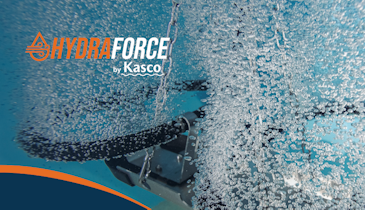News Briefs: 'Nearly Catastrophic' Flooding Leaves Los Angeles WWTP at Partial Capacity
Also in this week's water and wastewater news, a large-scale effort to track COVID-19 will see 500,000 residents' wastewater regularly analyzed in Des Moines, Iowa
Popular Stories
Discussion
Comments on this site are submitted by users and are not endorsed by nor do they reflect the views or opinions of COLE Publishing, Inc. Comments are moderated before being posted.






